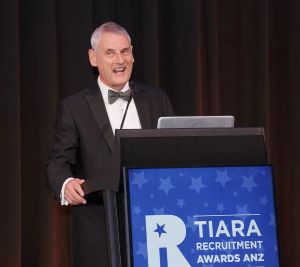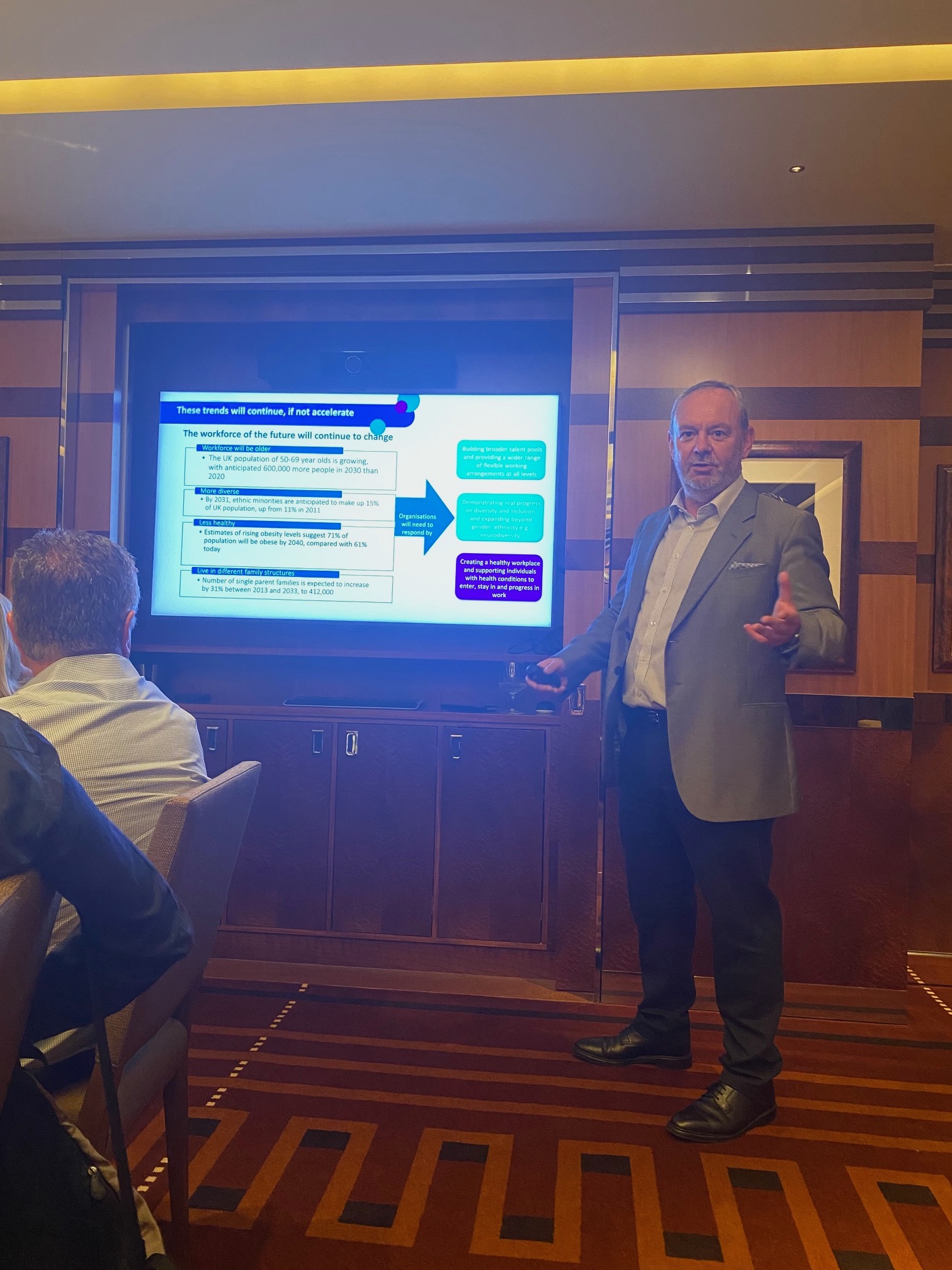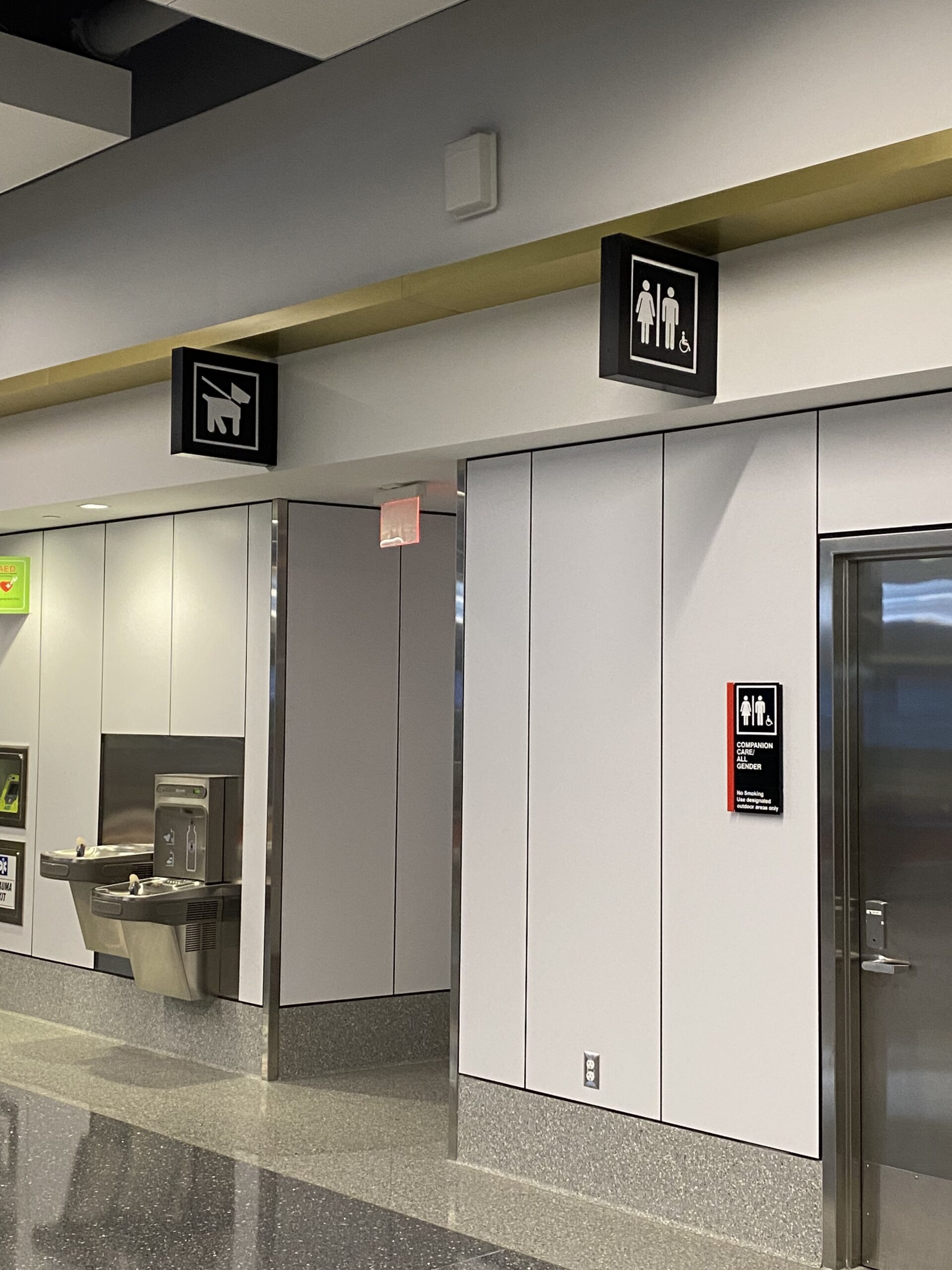…The answer may just cost you your job!
The growth of employee advocacy over the last few years is generally something to be welcomed, commended and encouraged. At one end of the spectrum is the need for clear whistleblowing protocols to allow wrongdoing and harmful behaviour to be quickly identified. Likewise, employee surveys and regular feedback mechanisms have been around for decades now and are generally seen as a good thing (although only if said feedback is actually acted upon).
In recent years another generally positive development is the growth of Employee Resource Groups (ERGs) which facilitate groups of employees with common characteristics or shared life experiences – ethnicity, sexual orientation, faith, and working parents being the most common – who can support each other and help their employers understand their specific issues better to then take action to create more inclusive workplaces. So far, it’s a win-win and all pretty uncontroversial.
Recently however, employee advocacy has developed a much more strident tone with the lines between legitimate concern and outright preference (often with a political or social justice slant) becoming both blurred and jumbled with perhaps the accusation of ‘toxic work environment’ being the most common. The power of such an accusation is that it is both difficult to define and difficult to defend. And before anyone thinks this a purely US import, let’s take the example of BrewDog. Based in that hotbed of corporate activism, Ellon, Scotland (no, me neither) it was accused by over 100 ex-employees of a range of offences from the egregious to the mildly annoying, many of which will be familiar to anyone who has ever worked in a fast-growing business. The ‘promises to do better’ duly followed.
Fast forward to post pandemic working practices with Apple announcing a pilot programme for flexible working of three days a week in the office – something that would have been considered truly radical in early 2020 only to be told by a group of employees:
“But in reality, it [the pilot programme] does not recognise flexible work and is only driven by fear. Fear of the future of work, fear of worker autonomy, fear of losing control.”
Oh dear.
In a world of chronic talent shortages, the employees have won the war for talent, haven’t they?
Well perhaps not. With tech hiring screeching to a halt in the US and the likelihood of a recession in Europe, the boot may be back on the other foot before too long.
Netflix’s recent memo to staff about ‘if you don’t like our content, then maybe work somewhere else’ looks like a pretty clear stance.
It does seem as if too many employees these days expect their employers to reflect not just their own values but their preferences – ultimately an impossible task for any employer. Understanding the difference between positive engagement about legitimate concerns and immature and selfish expectations is a lesson most of us learn as our careers evolve. For those that don’t, the writing isn’t so much on the wall as on your screen.






